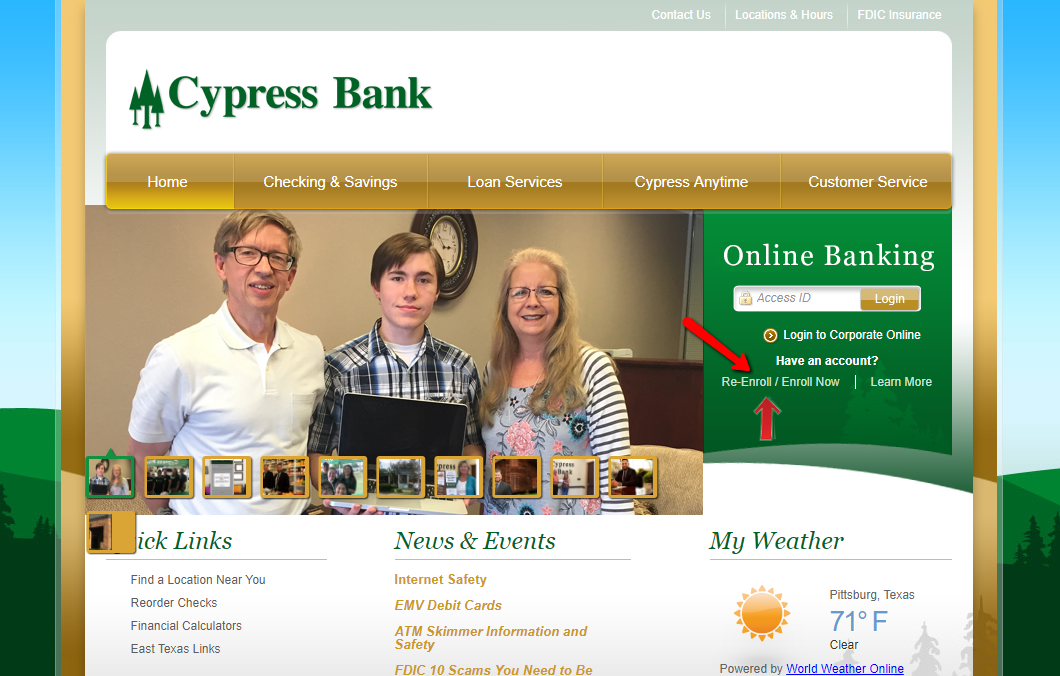20 Handy Facts For Choosing Business Asset Administration Planning
20 Handy Facts For Choosing Business Asset Administration Planning
Blog Article
10 Helpful Tips On Trust Administration For Estate Planning And Other Companies
Here are ten specific guidelines for estate planning firms and other companies on trust administration. This is especially useful when you evaluate a firm to manage, oversee or serve in trustee capacity for a trust. Each tip is accompanied by a concise explanation with pros and con to help you make a well informed choice.
1. Verify Licensing and Regulatory Compliance
Tip - Confirm that the trust is regulated and licensed within your state by the state's bank or financial authority.
Pros: Provides legal accountability and consumer protection.
Cons: Licensing does not provide an assurance of the quality of service or ethical standards.
2. Assessment of Trust Administration Experience
TIP: Choose an attorney firm that has experience in revocable, non-revocable charitable or special needs trusts, as well as irrevocable trusts for estates.
Advantages: More expertise often leads to better handling in difficult situations.
Cons: Older and larger companies may have less flexibility or individualization.
3. Check Fiduciary Responsibility
TIP : Ensure that your company is subject to the fiduciary obligation which means that it is legally bound to perform its duties for your benefit.
Benefits: Reduces the chance of conflicts of interests or mismanagement.
Cons Cons: Certain financial advisors and banks might not be fiduciaries.
4. What is their fee structure?
Ask about the breakdown of the asset management fees, processing fees and transaction costs.
Transparency can be helpful in cost comparison and for arranging.
Fees can be complex or vary depending on trust types and sizes.
5. Evaluate Investment Management Services
Tip: Assess the team, investment philosophy and track record of the company managing your assets if you're unsure.
Pros: It ensures alignment with the goals of the trust and the beneficiaries.
Cons: Some companies sell proprietary products, but perform poorly.
6. Request Sample Reports
You or your beneficiaries might be interested in requesting samples of the statements and reports they will receive.
Pros: Shows professionalism and openness.
Cons: Certain reports could be too complex or inconsistent.
7. Clarify the Discretionary Distributor Policy
Knowing how your company will distribute discretionary funds is crucial.
Pros: Keeps track of funds and prevents abuse of funds.
Cons: Could cause tensions when trustee is rigid or inflexible.
8. Review Successor Trustee Planning
Tip: Make sure the company has a strategy in place in the event of losing the trust officer.
Cons: Minimizes disruption and ensures continuity.
Cons: Small firms may not have backup plans, or succession depth.
9. Ask About Tax Filing Services
Certain firms offer trust tax preparation, while others do not.
Pros: Reduces mistakes and improves compliance.
Cons: Additional fees could be required, or coordination outside the company is needed.
10. How to Assess the Styles of Communication and Frequency
Find out from your trust officer how often he or she communicates with the beneficiaries and customers.
Pros: Promotes the ability to be responsive and transparent.
Cons: Not enough contact with people can cause confusion. Insufficient contact could make you feel uncomfortable. Have a look at the most popular trust administration for estate planning for website info including banks in minnesota, us bank official website, first bank and trust credit card, bank of the west login, great banks to bank with, financial services, opening a bank, people trust, banks in minnesota, top banks in usa and more.
Jacksonville, Florida Business Bank Accounts: Tips To Be Successful
Here are a list of 10 suggestions to aid you in selecting the right business bank account located in Jacksonville, Florida. They include pros and contras, and a full description.
1. Inquire about Accounting Software Integration
Tips: Make sure you integrate your bank with copyright or Xero for tax preparation and bookkeeping.
Cons The manual errors are less and the time saved is reduced.
Cons: Some integrations cost a lot of money or don't integrate well with smaller banks.
2. Explore Business Savings and Money Market accounts
You can park your surplus funds in a bank account that earns interest. Consider options with low/no minimums and APYs that are competitive.
Benefits: You could earn interest on your inactive money.
Cons: No minimum balance with a limit on withdrawals per month.
3. Make use of Multi-User Account Access using Role Controls
TIP: Choose a bank which allows multiple logins and permissions. (e.g. access to view only for accountants, full access for managers).
Cons: Increases accountability and security.
Cons: Certain banks restrict or charge additional users.
4. Confirm Cash Deposit Policies
Find out about the fees and daily limits for deposits if you are handling cash in a retail or restaurant setting.
Pros: Keeps cash secure; ensures quick deposits.
Cons Pros: Deposit fees per $100 or per transaction may be significant.
5. Examine the Fees for Wire Transfers and ACH
Tips: Compare costs for domestic and international wires, as well for ACH batch payments.
Benefits: This software can be useful for companies that wish to pay their vendors or employees online.
Cons: Fees may vary widely, and some banks do not provide ACH.
6. Search for resources to prevent fraud
Be sure to inquire about positive payments or dual approvals, as well as real-time alerts to reduce fraud.
Cons: Doesn't safeguard your account data or information.
Cons: Only available for accounts with premium tiers.
7. Get to know your business Banker
Tips: Build an alliance and build trust with a banker who is dedicated to your company. They can assist you to navigate the financial world by offering credit and expedite service.
Cons: Personalized help and faster decisions.
Cons Cons: Bank employees at larger banks might be rotated, or they may lack continuity.
8.Verify FDIC as well as NCUA Insurance Coverage
Tip: Verify your deposits at a maximum of $250,000 per entity by bank.
Pros : It protects the funds in case of bank bankruptcy.
Cons: You may have to spread funds between banks, if you have more.
9. Banks that are selected to support Community Initiatives
A tip: Several local banks and financial institutions help Jacksonville's small business community through donations and sponsorships.
Benefits: Helps build branding and network.
Cons: Limited support for certain nonprofits as well as sectors.
10. Make sure you have all the required documents ready prior to opening the account
Make sure you have your EIN, articles of incorporation, business license, and operating agreement.
Pros: Smoothens the onboarding process.
Cons: There may be delays in the case of documentation that is not complete or consistent. Check out the best portfolio management Jacksonville FL for site recommendations including customer bank service, bank first financial, us bank number, first united bank and trust mortgage, bank first copyright, great banks to bank with, commercial bank and trust company, top banks in us, people's bank customer service, community bank loan and more.